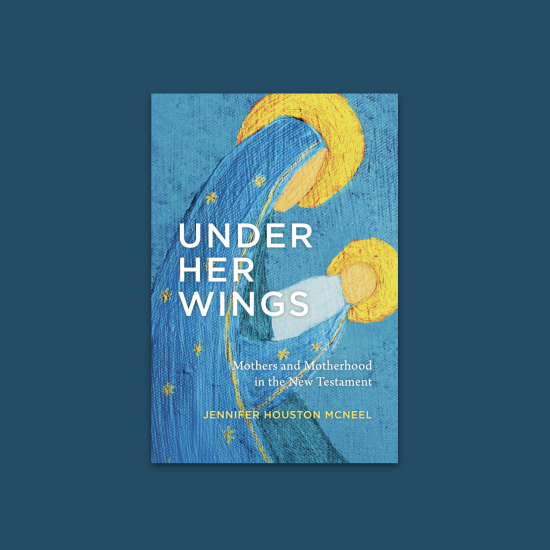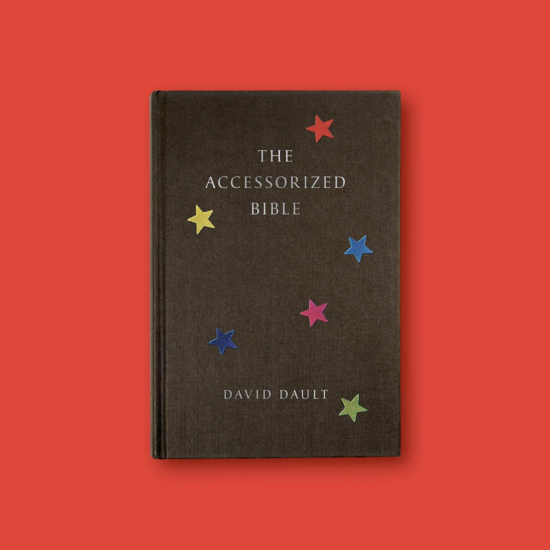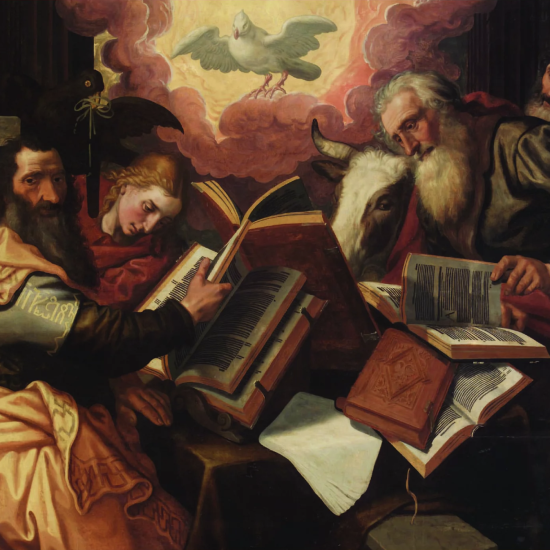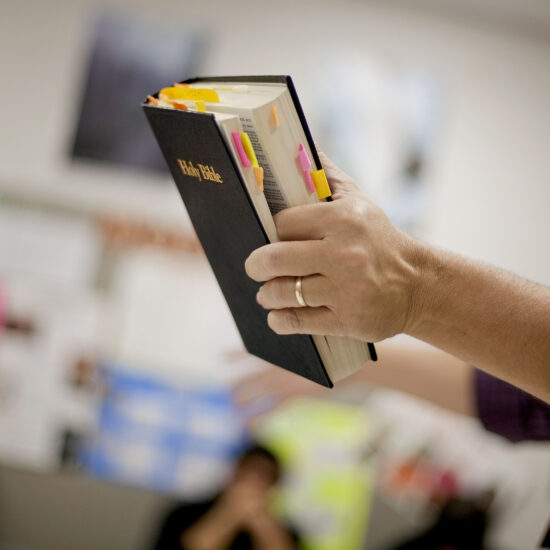

1 CORINTHIANS: A Theological, Pastoral, and Missional Commentary. By Michael J. Gorman. Grand Rapids, MI: Wm. B. Eerdmans Publishing Company, 2025. Xxiii + 453 pages.
In my estimation, Paul’s first letter to the church in Corinth is one of the most fascinating books of the New Testament. I was fortunate to study it during seminary. I also have drawn on it in my preaching and my book on spiritual gifts (Unfettered Spirit: Spiritual Gifts for the New Great Awakening. Second Expanded Edition). Although I have several commentaries that explore 1 Corinthians on my shelf, when it comes to this letter, there is always room for more. Michael J. Gorman’s commentary on 1 Corinthians is, in my view, a worthy addition to that shelf.

Robert D. Cornwall
When I review a commentary on a book of the Bible, I do so not as a professional Bible scholar but as a preacher and Bible teacher. Technical commentaries, such as Hans Conzelman’s Hermeneia commentary, have their place on one’s shelf, but as a preacher, I value interpreters who draw out the theological and pastoral dimensions of those texts. This is what Michael Gorman’s commentary on 1 Corinthians does, much like his previous commentary on the Book of Romans. Both commentaries offer us “Theological, Pastoral & Missional Commentary on the text.”
Michael Gorman is the Raymond E. Brown Chair in Biblical Studies and Theology at St. Mary’s Seminary and University in Baltimore. In addition to his commentaries on Romans and 1 Corinthians, he has written several books on scripture and missional theology. In this commentary, you will find theological, pastoral, and missional reflections, which are rooted in strong exegetical work, work that is not always shown but is present. Even if you do not agree with his interpretations at every point, I believe that those seeking to better understand Paul’s first letter to the Corinthian church will find it to be most helpful. I especially recommend the commentary to preachers, who will find much wisdom present in the book.
Gorman, rightly in my view, suggests that 1 Corinthians is complex, such that it is a pastoral letter with theological significance, in contrast to Romans, which he suggests is a theological text with pastoral implications. As a work of pastoral theology, we have the most developed picture of an early Christian community. This letter reveals a congregation experiencing chaos. In his view, the fundamental issue of this letter concerns the divisiveness present in the Corinthian church, a divisiveness rooted in concerns about social and spiritual status. “But even that was symptomatic of a much more fundamental problem: a failure to understand the real-life consequences of the gospel of ‘Jesus the Messiah — that is, Jesus the crucified Messiah’ (1 Cor 2:2 MJG). Paul’s goal became to convince the Corinthians to embody the cross — that is Christ crucified — in daily life in light of the past resurrection and soon return of their crucified Lord, and in the power of the Spirit whom they had come to know and love and misunderstand” (pp. 31-32). As you read his commentary on what was happening in this ancient church, you begin to see parallels to what is taking place in contemporary churches.
So, Gorman’s commentary is ultimately a work of practical theology focused on ecclesiology. With that in mind, Gorman uses the four marks of the church found in the creeds to organize his commentary on the letter. The first section of the letter (chapters 1-4) represents the first mark — Paul’s concern for the oneness of the church. Here, Paul deals with various threats found in the Corinthian community that undermine the unity of that church. The second section of the letter (chapters 5-7) reflects the mark of holiness. Here, Paul deals with a series of moral concerns, both sexual and legal. The third section (chapters 8-14) represents the call for the church to be catholic or universal. In this section, the focus is on the liturgical chaos present in the church. Thus, he reflects on Paul’s guidance on whether it is appropriate to eat meat sacrificed to idols, the question of freedom in general, and the gathering of the people for worship. As such, chapters 10 and 11 address questions concerning the meaning and practice of worthily sharing the Eucharist.
Chapters twelve through fourteen deal with spiritual gifts. In this section of the book, Gorman spends considerable space dealing with the role of women in worship. He notes that in the Corinthian churches, women prayed and prophesied. Therefore, in his estimation, Paul seems to have expressed an egalitarian vision for the church. This is true despite what we read in chapter 14. Finally, we come to the mark of apostolicity. In 1 Corinthians, apostolicity is revealed in the resurrection of Jesus. With that in mind, Paul shares his own experience of encountering the risen Christ. Then, we come to an epilogue (chapter 16) in which Paul brings final greetings to the church in Corinth. In a concluding reflection on the chapter, and on the book as a whole, Gorman writes that “One of the often forgotten but central aspects of Paul’s ecclesiology is the worldwide scope of the church, and how important it is for Christians from various parts of the world to find ways to know one another and to care for one another, both spiritually and materially.” He also notes that Christian ethics and spirituality are rooted in love, and that this word is defined in the context of 1 Corinthians as being “Christlike, cruciform, and others-edifying action” (p. 416).
Reviewing commentaries is challenging, since it’s difficult to catch the fullness of a text. In this case, the use of ecclesiology to organize the text is quite appropriate and illuminating. While this is not technical commentary, it is deeply rooted in scholarship, which is seen in how the text is introduced, exegeted, and interpreted as we move through the text. Thus, in the course of the commentary, we get a true sense of Paul the author, something of its probable dating, and a helpful discussion of Paul’s audience, which, as we discover throughout, is experiencing division. At the same time, we see Paul’s deep concern for this community in the way he treats his audience. Because this is a theological, pastoral, and missional commentary that focuses on ecclesiology, Gorman does not simply dwell in the first century.
Throughout the commentary, Gorman offers reflections on the text that speak to contemporary concerns, including economics, interpersonal relationships, social structures, and human sexuality. On that matter, he lines up on the more conservative side, but he is not rigid. In essence, he shares Richard Hays’s original position on same-sex relationships. Despite my disagreement with that reading, I found his discussion of the letter stimulating and thought-provoking. With my interest in spiritual gifts, I found his discussion fair and informative. Making this useful for preparing sermons and bible studies, Gorman provides pastoral, missional, and theological reflections on the matters discussed in each chapter. These are essentially summaries of the major points. Then he offers questions for reflection and discussion. He also offers a selection of further readings.
Taken together, Michael Gorman’s 1 Corinthians: A Theological, Pastoral & Missional Commentary provides preachers, teachers, and students of the Bible with an excellent resource. The use of the four marks of the church makes this complex letter come together in a way that makes sense. Perhaps one might decide to preach a lengthy series of sermons on 1 Corinthians. It will be worth the effort, especially with Gorman taking the lead. Because Gorman has pitched the commentary at preachers and teachers of the Bible, it is, for the most part, very accessible. It should be a valuable aid to anyone seeking to understand Paul’s important first letter to the Corinthian church, which reveals so much about the earliest years of the Christian movement.
This review originally appeared on BobCornwall.com.
Robert D. Cornwall is an ordained minister in the Christian Church (Disciples of Christ). Now retired from his ministry at Central Woodward Christian Church (Disciples of Christ) of Troy, Michigan, he serves as Minister-at-Large in Troy. He holds a Ph.D. in Historical Theology from Fuller Theological Seminary and is the author of numerous books, including his latest “Second Thoughts about the Second Coming: Understanding the End Times, Our Future, and Christian Hope” coauthored with Ronald J. Allen. His blog Ponderings on a Faith Journey can be found here.






